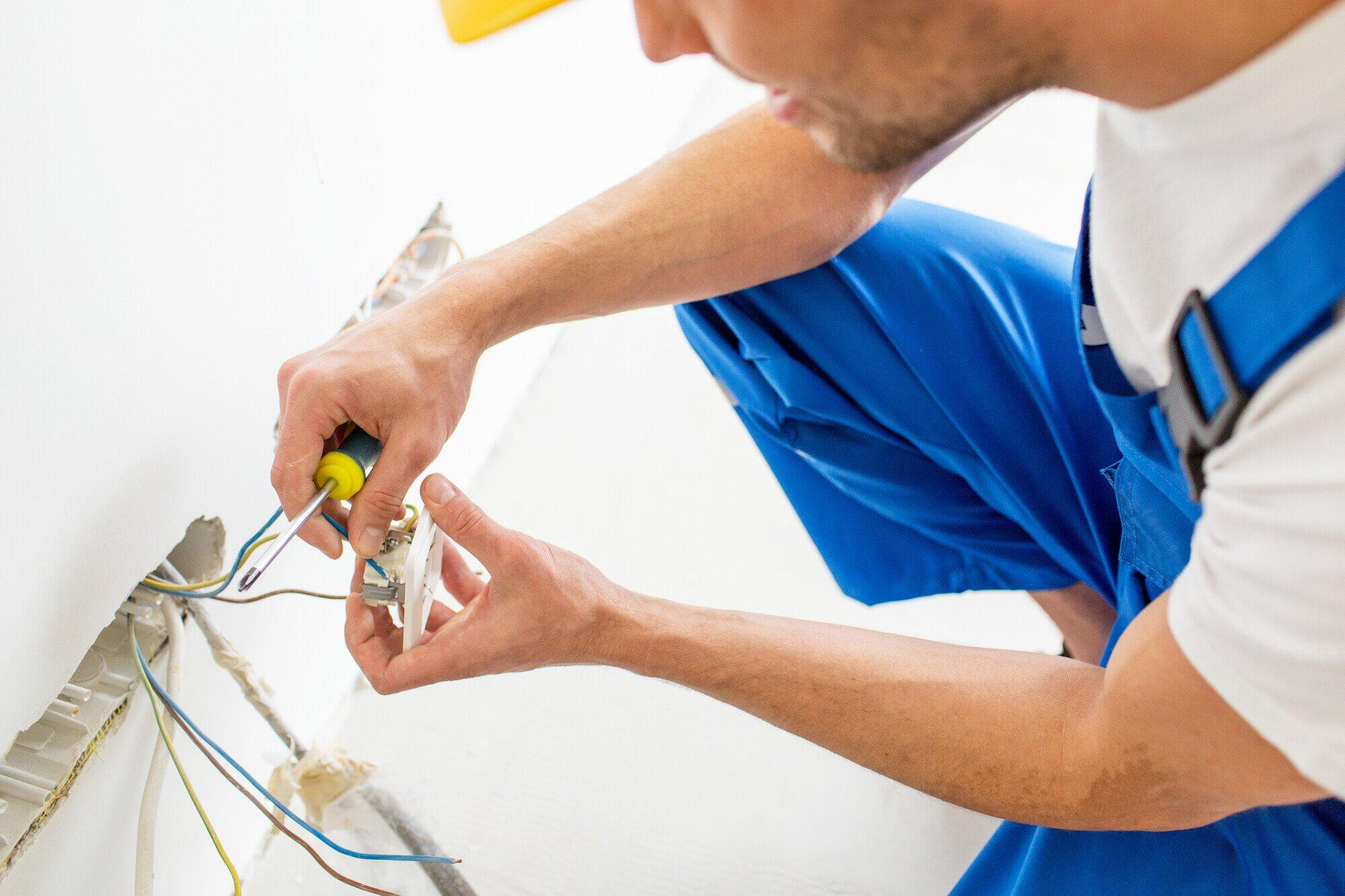Don’t Panic: What to Do During an Electrical Emergency
Electrical emergencies can strike without warning. A flickering light can cause a power outage.
The smell of smoke can send you scrambling for answers. With so much of our daily lives reliant on electricity, knowing how to handle an electrical emergency is crucial.
In this comprehensive guide, we’ll walk you through the steps to take when facing an electrical crisis.
Assess the Situation
An electrical emergency, such as a blown fuse or tripped circuit breaker, can be minor. Or it can be life-threatening, like an electrical fire. Before taking any action, it’s essential to assess the situation and identify the severity of the problem.
A power outage in your home may not require immediate action, but a solid burning smell or sparks from an outlet demand immediate attention. You can determine the appropriate steps to take and ensure your safety by evaluating the situation.
Safety First
Safety should always be your top priority in any type of electrical emergency. If you are dealing with a minor issue, such as a blown fuse or tripped circuit breaker, turn off the power to the affected area before attempting to fix it.
However, if you face a more severe situation like an electrical fire, do not try to extinguish it yourself. Instead, evacuate the building immediately and call the fire department for assistance. It’s also essential to ensure the safety of others in the area by warning them of the potential danger.
Contact an Electrician
You can handle minor electrical issues alone. But, for big emergencies, it’s best to get pro help.
You can contact Linc Electric. They have the knowledge and experience to safely and effectively handle any electrical emergency.
Calling a professional helps ensure your safety and prevents further damage to your electrical system. Attempting to fix a major issue without proper training and equipment can be dangerous and may result in costly repairs.
Take Preventative Measures
Once the emergency has been resolved, it’s essential to take preventative measures to avoid similar situations. This may include scheduling regular maintenance for your electrical system. It also includes updating outdated wiring.
You must educate yourself and your family on basic electrical safety. For example, do not overload outlets and avoid damaged wires. By taking these steps, you can help prevent potential electrical emergencies from occurring in the future.
Identifying Common Electrical Hazards
Identifying common electrical hazards in your home or workplace is crucial in preventing emergencies. Look for frayed wires, overloaded power strips, and malfunctioning appliances. Regular inspections can catch these issues early.
Finding and fixing hazards can also save you money. It prevents costly repairs or replacements in the long run. This is why regular maintenance and inspections are essential for the safety of your electrical system.
Establish an Emergency Plan
An emergency plan is crucial for effectively dealing with electrical emergencies. Your plan should include the location of your main electrical panel. It should also have instructions for turning off electricity at the main breaker and emergency contact numbers.
It’s also beneficial to have a basic emergency kit that includes flashlights, batteries, and other essentials to help you manage during a power outage.
Conducting an Electrical Emergency Repair
An electrical emergency can be a stressful and potentially dangerous situation, but by following these steps, you can handle it with confidence. So, it’s important to stay vigilant and regularly check your electrical system for potential hazards. You can keep yourself and your loved ones safe in an emergency with the proper knowledge and resources.
Visit our website for more like this.

